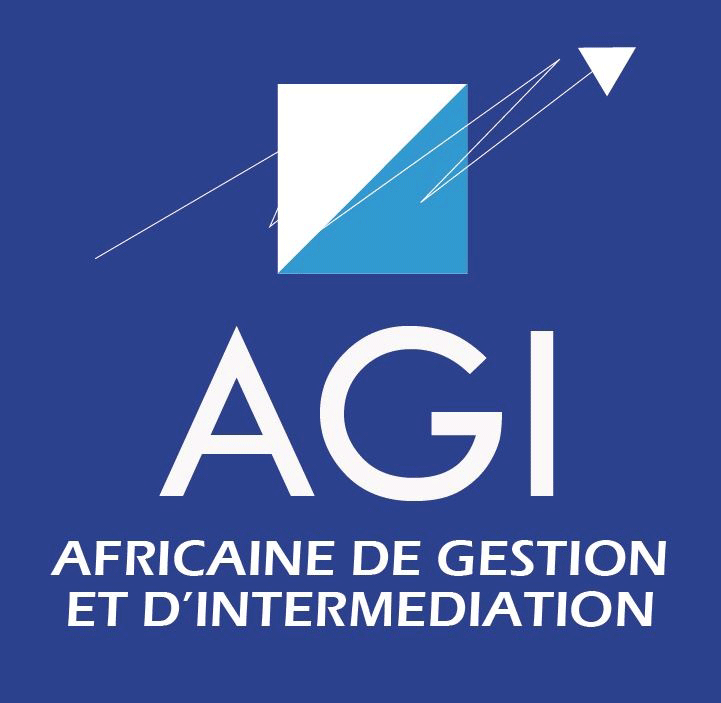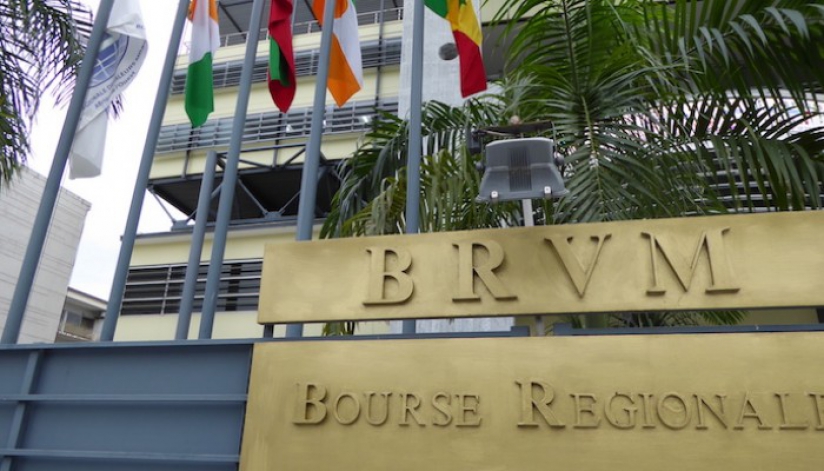(Ecofin Agency) – Following the extraordinary meeting of the Ministers of Justice and Finance of the member countries of the Organization for the Harmonization of Business Law in Africa (OHADA), which took place on January 26, 2017 in Brazzaville, Congo, an update was carried out on the accounting system in force in this legal area.
Among the three major adjustments, "entities listed on a stock exchange or making a public offering of securities are now required to produce, in addition to their individual financial statements in accordance with SYSCOHADA standards or the accounting framework specific to their activities, financial statements in accordance with International Financial Reporting Standards (IFRS) in order to guarantee the quality and comparability of the data produced."
The implementation of this measure should fundamentally change financial communication, particularly on the UEMOA Regional Stock Exchange, the Douala Stock Exchange or the Central African Stock Exchange.
Until now, and with the exception of Sonatel (Orange Senegal) which produces more detailed financial results, companies listed on these three markets often only publish information relating to turnover, expenses and two or three other elements of the income statement.
Under the new OHADA directive, companies will now be required to publish their balance sheet (assets and liabilities), detailed income statement, cash flow statement showing cash movements, and shareholding dynamics. In addition, they will be required to accompany these results with explanatory notes and comments from management.
The OHADA press release was unclear regarding the implementation timeline for this measure. However, for the BRVM, the largest of the three markets, the sooner the better. Since the last quarter of 2016, this financial market has been part of the Morgan Stanley Capital International Frontier Market group, which gives it access to a broader and more liquid pool of international investors, who are more demanding in terms of financial information.
The DSX and BVMAC, still very weak financial markets, seem to be mere collateral victims of their Abidjan-based counterpart, which is reaching a new stage of maturity every day. The three companies listed on the Douala Stock Exchange also make the minimal effort to publish their results, while the one listed on the BVMAC provides no financial information commensurate with the ambition of this market, namely Central Africa.
Publishing financial statements according to IFRS standards is not new in sub-Saharan Africa, and many countries are successfully experimenting with this method of providing companies' financial information to investors and potential investors. This is the case in Kenya and Nigeria, two major financial markets in the region. In the Maghreb, Tunisia and Morocco are good examples within the Francophone community.





